Agustín Pío Barrios, A Journey Through the Life and Legacy of the Virtuoso Composer
In the annals of classical guitar, the name Agustín Pío Barrios stands as a testament to virtuosity, poetic expression, and cultural pride. Born on May 5, 1885, in San Juan Bautista, Paraguay, Barrios transcended borders with his unparalleled skill and innovative approach to the guitar. This biography embarks on a journey through the life and legacy of Agustín Pío Barrios, the Paraguayan maestro whose compositions continue to captivate audiences and inspire generations of guitarists worldwide.
Early Years in San Juan Bautista: A Musical Prodigy Emerges
Agustín Pío Barrios, affectionately known as “Mangoré,” displayed an early affinity for music in the idyllic setting of San Juan Bautista, a small town in Paraguay. Raised in a multicultural environment that blended Indigenous, Spanish, and Guaraní influences, Barrios’s childhood was marked by the rich tapestry of Paraguayan folklore and traditions.
His father, Doroteo Barrios, recognized young Agustín’s musical gifts and provided him with early training in the guitar. It quickly became apparent that Barrios was not just a prodigy but a visionary, pushing the boundaries of what the guitar could express. His mastery of the instrument, coupled with a deep love for his Paraguayan heritage, would shape the unique character of his later compositions.
Wanderlust and Musical Pilgrimage
As Barrios’s skills matured, so did his desire to expand his musical horizons. At the age of 23, he embarked on a journey that would take him across the Americas. His wanderlust led him through Argentina, Uruguay, Brazil, and eventually to Europe, where he encountered the diverse musical landscapes of the early 20th century.
During his travels, Barrios not only honed his technique but also absorbed the varied influences of the regions he visited. The rhythmic complexities of Latin America, the lyrical beauty of European classical music, and the melodic nuances of the folk traditions he encountered all found a place in Barrios’s musical lexicon.
The Birth of “Mangoré”: Cultural Identity in Composition
Agustín Pío Barrios’s travels and experiences coalesced into the creation of his alter ego, “Mangoré,” named after a legendary Guaraní chief. This persona embodied Barrios’s commitment to celebrating his Indigenous heritage and elevating the cultural identity of Paraguay through his music.
The composition “La Catedral” (The Cathedral), perhaps Barrios’s most famous work, reflects this fusion of influences. Composed in three movements, it weaves together intricate classical guitar techniques with the emotive echoes of Paraguayan folk melodies. “La Catedral” serves as a metaphorical bridge between Barrios’s classical training and his deep connection to the cultural roots of Paraguay.
The Guitar’s Poet: Barrios’s Compositional Style
Barrios’s compositions are characterized by their poetic titles, vivid imagery, and a profound sense of storytelling. Each piece feels like a musical narrative, conveying emotions, landscapes, and cultural motifs. From the lively “Julia Florida” to the contemplative “Un Sueño en la Floresta” (A Dream in the Forest), Barrios’s music invites listeners into a world where the guitar becomes a medium for conveying the soul’s deepest expressions.
His ability to infuse his compositions with a sense of place and emotion earned him the nickname “The Guitar’s Poet.” Barrios elevated the guitar from a mere instrument to a vehicle for expressing the beauty and complexity of the human experience.
Return to Paraguay: The Cultural Ambassador
Despite his extensive travels, Agustín Pío Barrios always maintained a strong connection to his homeland. In 1934, after years of touring, he returned to Paraguay, where he continued to compose, perform, and teach. Barrios’s return was not just a homecoming; it marked a pivotal moment in the cultural history of Paraguay.
As a cultural ambassador, Barrios shared his wealth of musical knowledge and inspired a new generation of musicians. His influence extended beyond the concert hall; he became a beacon for aspiring guitarists in Paraguay and a symbol of artistic excellence. Barrios’s commitment to preserving and promoting Paraguayan culture through music left an indelible mark on the nation’s cultural landscape.
Legacy and Recognition: A Master Remembered
Agustín Pío Barrios’s legacy is measured not only in the notes of his compositions but in the impact he had on the world of classical guitar. His innovations in technique, his synthesis of diverse musical traditions, and his dedication to cultural expression set him apart as a true master of the instrument.
Barrios’s influence reached far beyond his lifetime. His compositions have become standard repertoire for guitarists globally, and his legacy is perpetuated by those who continue to interpret and celebrate his works. The annual “Mangoré Competition” in Paraguay stands as a testament to the lasting impact of Barrios’s contributions to classical guitar.
In 1977, Barrios posthumously received the National Prize for Arts and Sciences in Musical Arts in Paraguay. This recognition, though belated, underscored the enduring significance of his contributions to the country’s cultural heritage.
Homage to “Mangoré”: Tributes and Interpretations
Countless guitarists, both in Paraguay and around the world, have paid homage to Agustín Pío Barrios through their interpretations of his compositions. From John Williams to Andrés Segovia, artists have recognized the depth and beauty of Barrios’s works, incorporating them into their repertoires and ensuring the continued resonance of “Mangoré’s” legacy.
Contemporary musicians and composers continue to draw inspiration from Barrios’s compositions, exploring the intersections of classical, folk, and Latin American music. Through reinterpretations and adaptations, Barrios’s influence extends into new musical frontiers, demonstrating the timelessness of his artistic vision.
Conclusion: The Eternal Resonance of “Mangoré”
In the strings of the guitar, in the delicate notes of “La Catedral,” and in the lyrical richness of his compositions, Agustín Pío Barrios lives on. He is not merely a figure from the past but a timeless presence, a guardian of cultural identity, and a poet whose verses are etched into the soul of the guitar.
As we traverse the musical landscape of Barrios’s life, we encounter not just a virtuoso guitarist but a cultural luminary. His journey from the sunlit streets of San Juan Bautista to the grand stages of Europe reflects not only the individual brilliance of a musician but the collective spirit of a people striving to celebrate and preserve their heritage.
Agustín Pío Barrios, “Mangoré,” is a symbol of Paraguay’s cultural richness, an embodiment of the guitar’s expressive potential, and a source of inspiration for generations to come. In the eternal resonance of his compositions, we find a testament to the enduring power of music to transcend boundaries, preserve cultural identity, and weave together the diverse threads of human experience.
.- Youtube.com – Agustín Pío Barrios Link here.


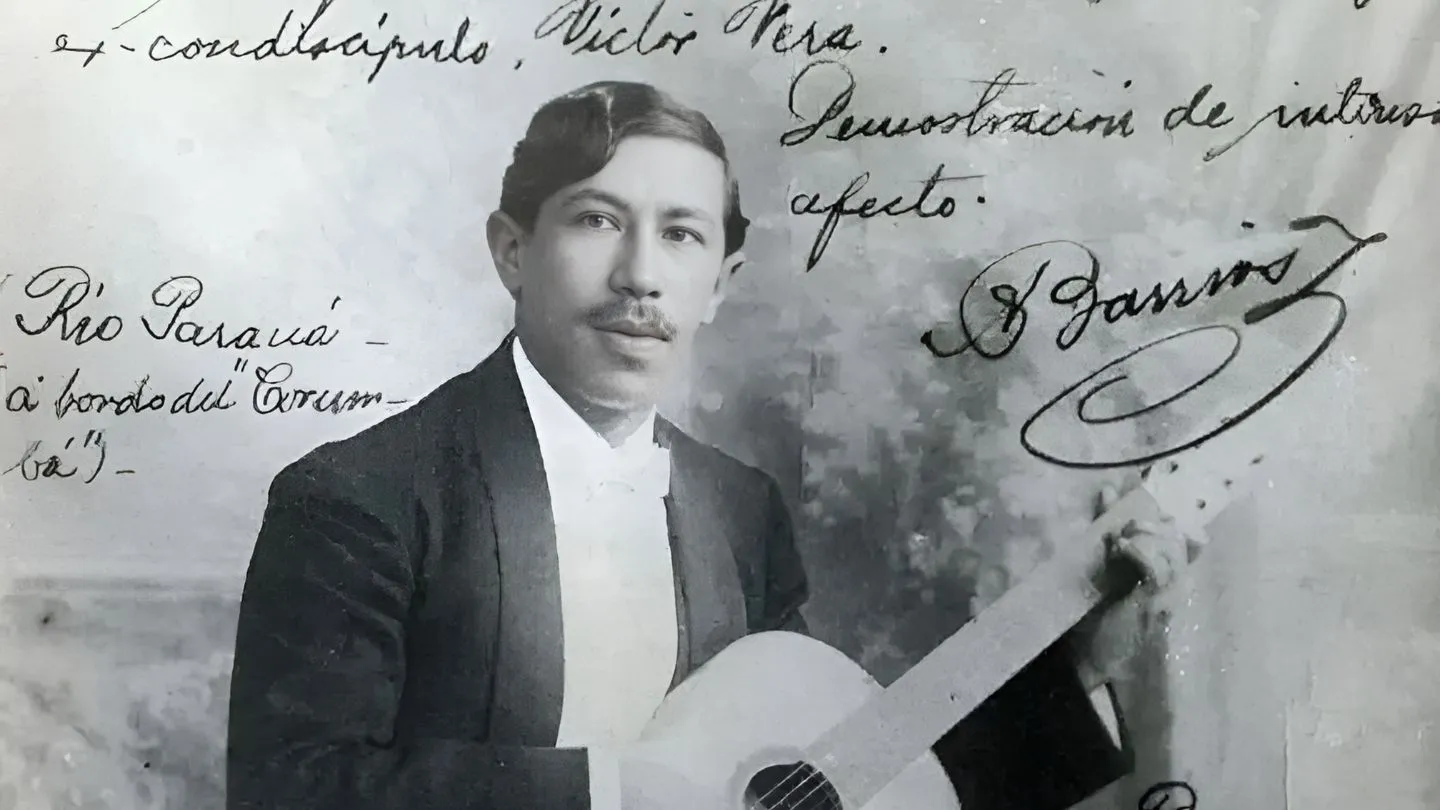
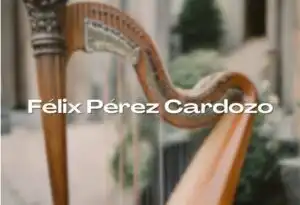
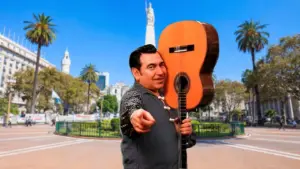
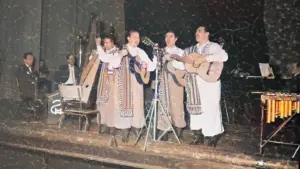

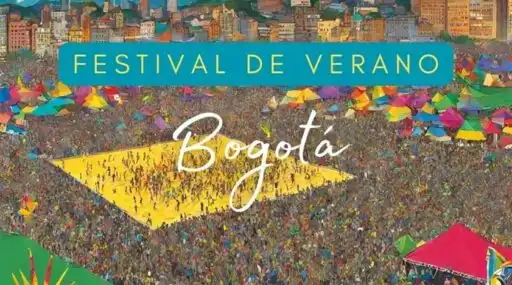


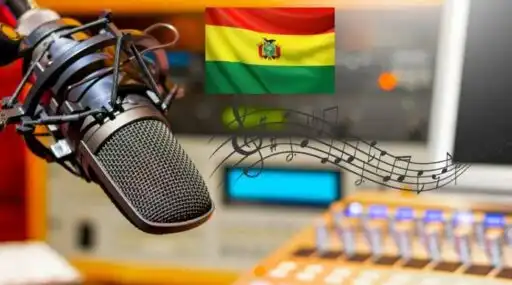


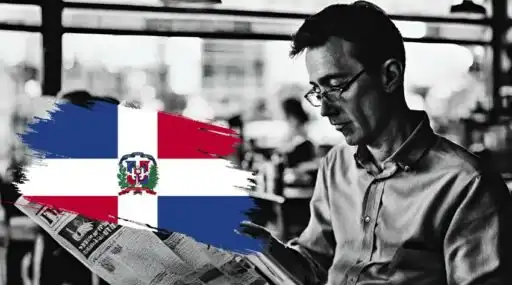

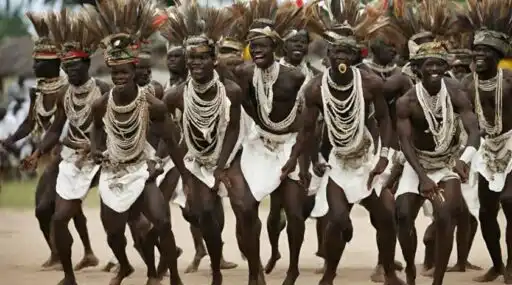


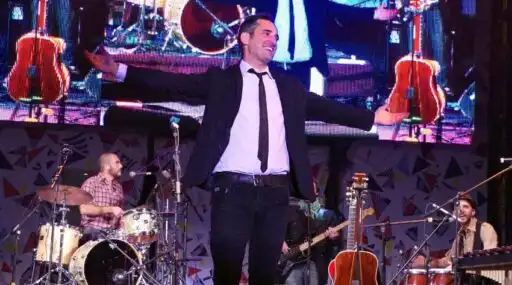

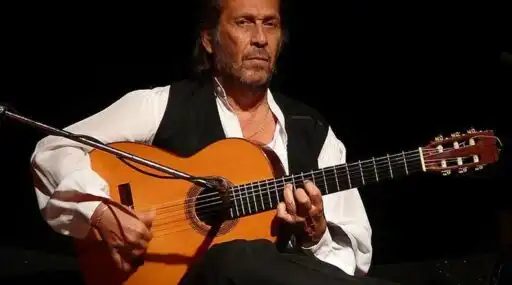
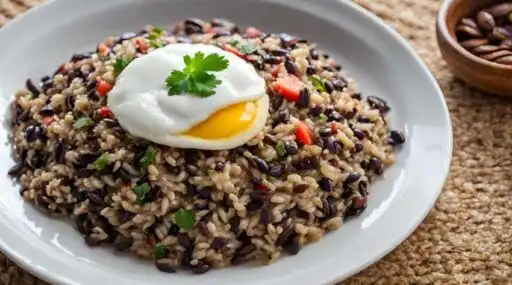
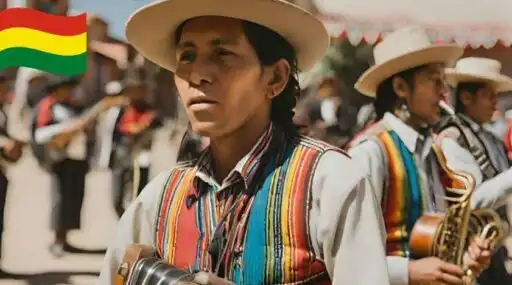


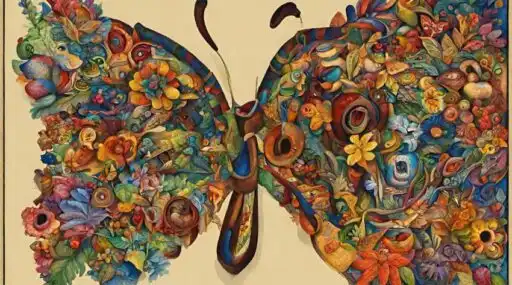
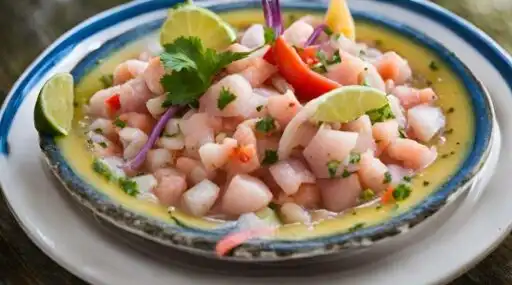



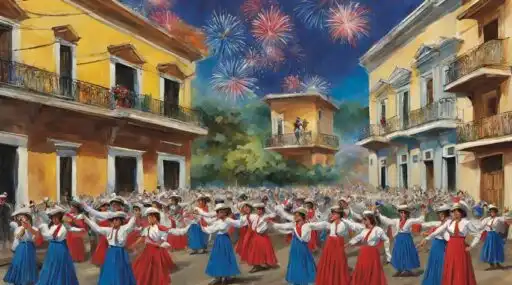

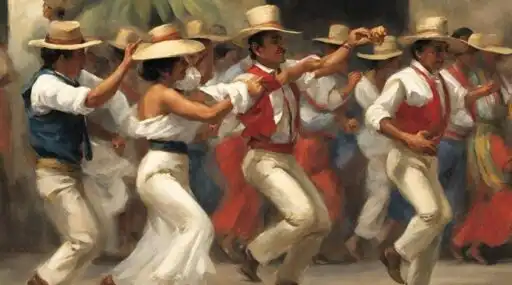


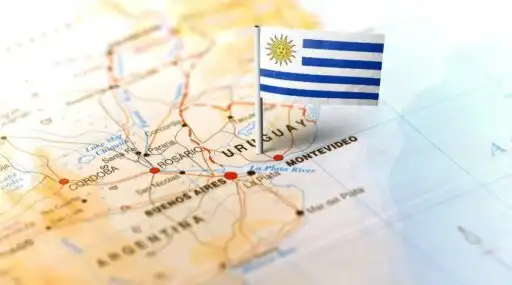
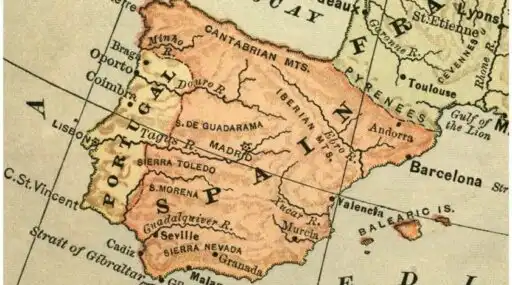
Leave a Reply